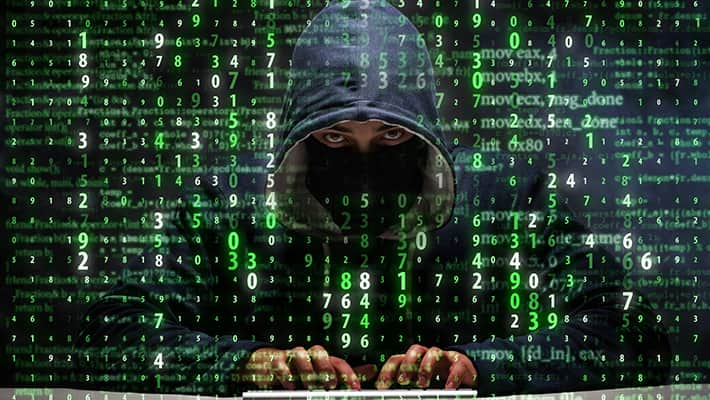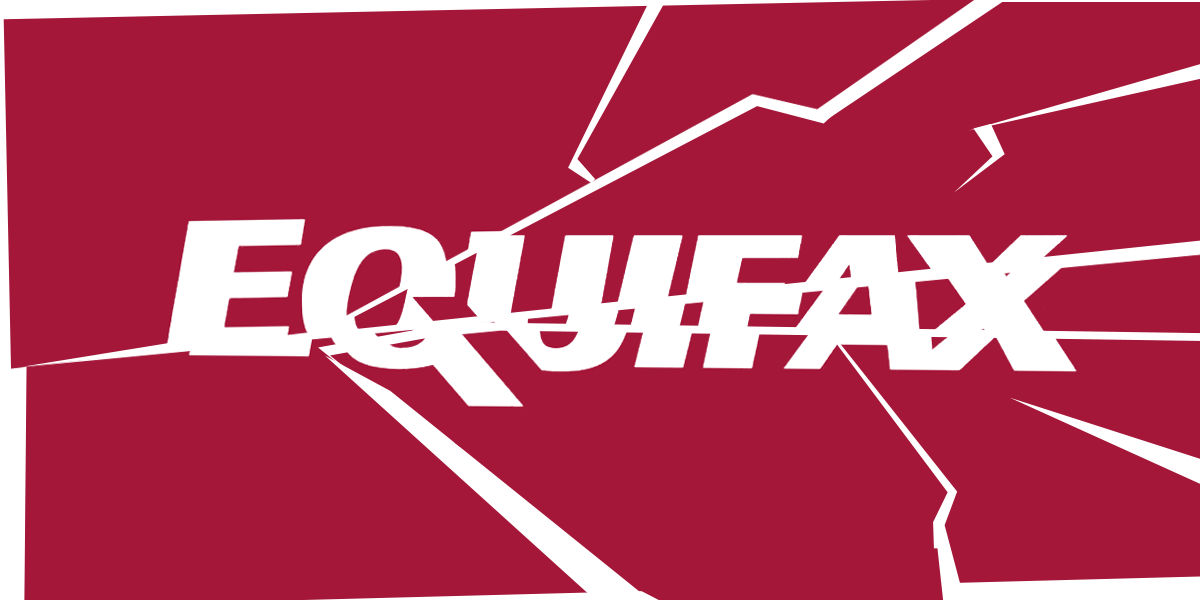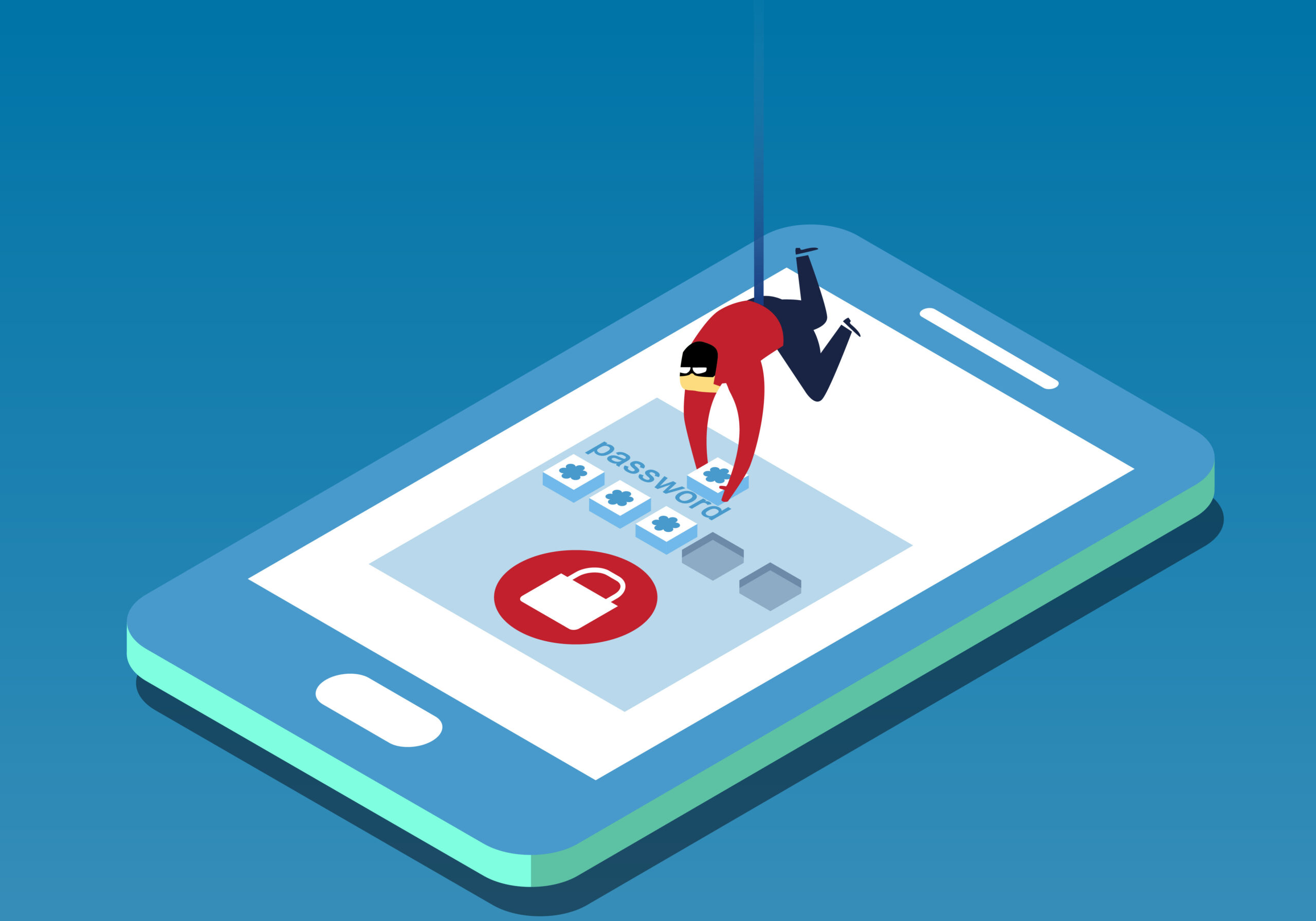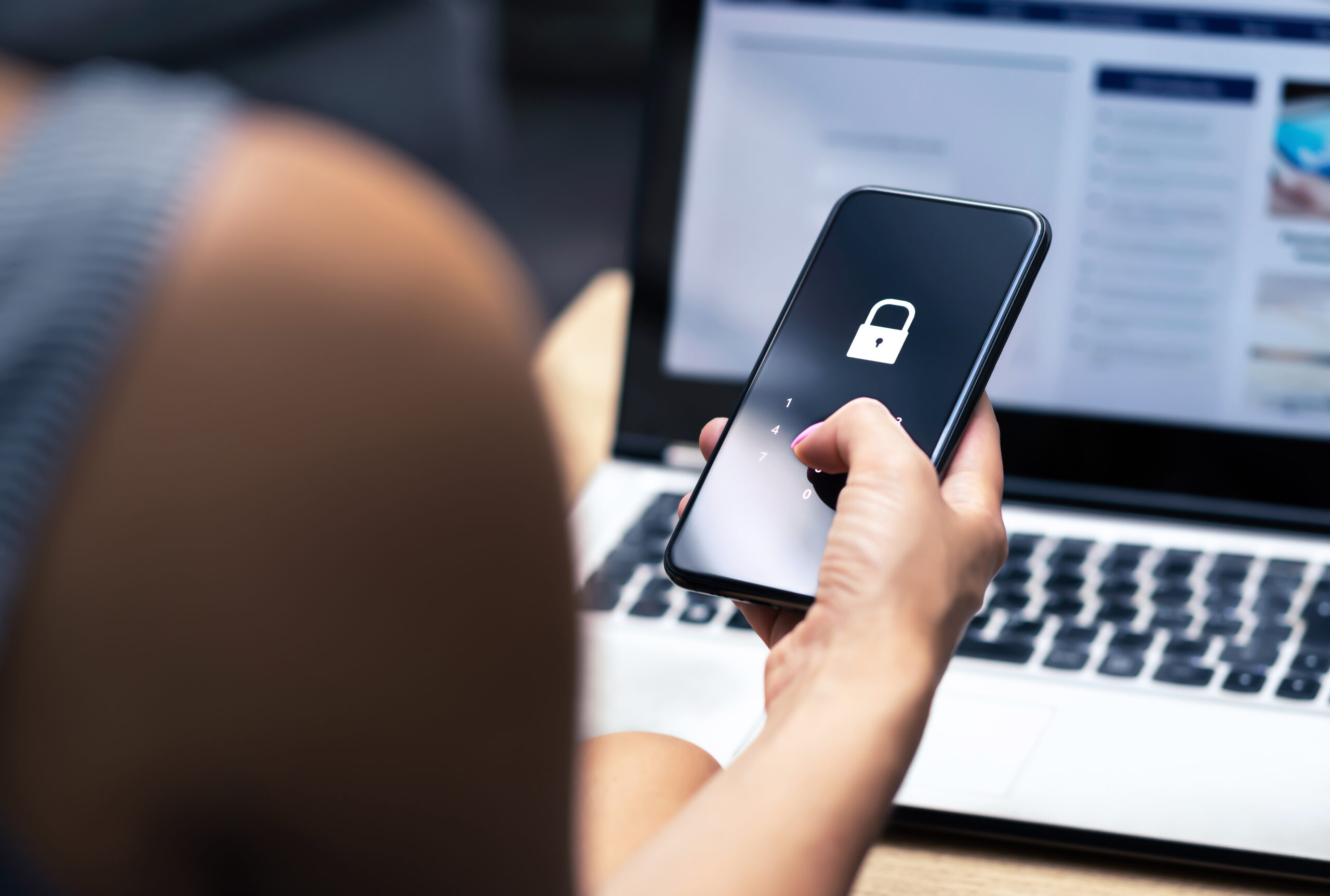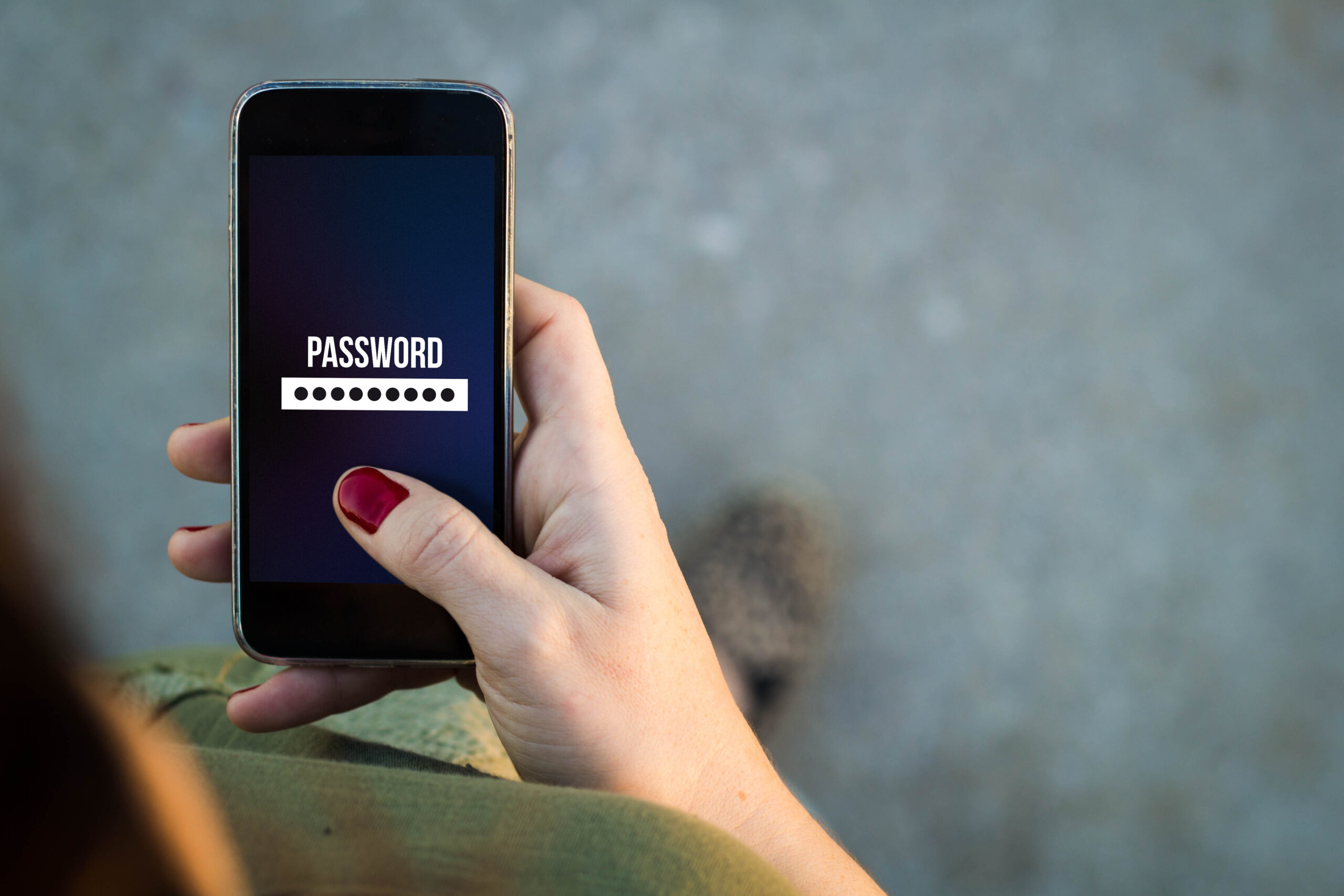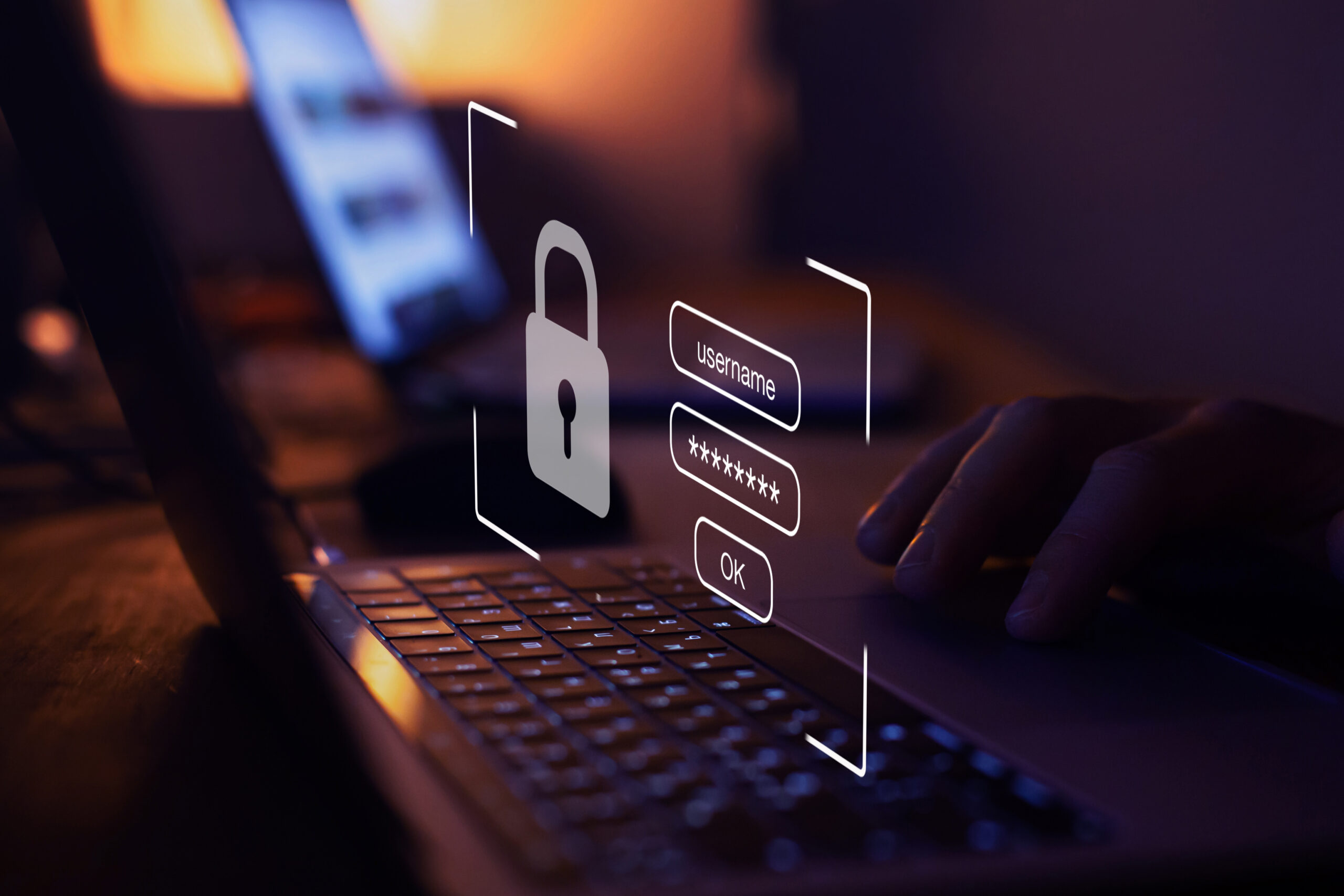The world is evolving at high speed and you can’t do something about it. Although it is hard to accept it, gone are the days when finding information on books in a library was considered as a normal activity. Nowadays, technology has taken over our lives and the use of the Internet has managed to drastically changing the way we communicate and educate ourselves.
Over the years, adults have had to get used to the constant changes. However, today’s youth have grown up with them and understand them better. In fact, in many cases, children use computers, smartphones and tablets more efficiently than their own parents do.
There is no doubt that free access to Internet has brought many benefits to society. Yet, such freedom can be harmful, especially for youngsters.
Remember that during childhood and adolescence, the personality of individuals is still developing and they are more vulnerable to what is going on around them. Additionally, young people often question everything that happens to them and are impatient to feel included in their community. Therefore, Internet presents itself as the perfect opportunity to build relationships and search for answers.
“There is no doubt that free access to Internet has brought many benefits to society. Yet, such freedom can be harmful, especially for youngsters”
All of these reasons put them at risk of getting information that does not match their age or maturity level, which can cause serious consequences and lead to problems such as
Cyber-bullying:
This is a type of threat that manifests itself through social networks, chat rooms or websites. The victims of this issue often receive unpleasant messages and they made fun of in public. Also, children who suffer from cyber-bullying are subjected to daily humiliations and try to hide what happens to them. Besides, they tend to have low self-esteem, avoid going to school and are more likely to use drugs and alcohol in their adulthood.
Do not forget that once some graphic content is uploaded to the net, it is very difficult to remove it, which can produce a major problem in the future of the affected kid. Monitoring periodically the websites that your children visit online could alert you about it, whether they are being harassed or, on the contrary, they are harassing someone else.
Problems associated with sexual content:
Nowadays modern kids and teens communicate with each other incessantly. However, when the information they share is too personal, it could cause some serious damages to their reputation. There are endless cases of children who send photos, videos or messages with sexual content every day. The conflict with “sexting”, as it is commonly known as, is that once something is sent, there is no control over who can see it, even if it was originally destined to one person.
In addition, the web makes it easy to establish relationships with malicious people who may want your children to engage in risky activities or even abuse of them. Finally, the Internet provides simple access to pornographic and violent websites.
Read also: Five Tips to Live Better and Extend Your Life
Identity problems:
Children tend to reveal detailed data about their lives and their families, which could lead to a serious trouble. In addition to exposing your home address and your occupations, you may also be a victim of fraud with your credit cards or your bank accounts. Besides, your child could be usurping someone else’s identity, which is a clear sign of some possible psychological problem.
Viruses and malwares:
Identifying unreliable websites can be a difficult task for a child, so your computer can be infected with a virus or a malware. This could cause you to lose valuable information or your computer could be completely damaged.
Other problems such as gambling addiction, approach to illegal activities and isolation are common among young people. These are some of the steps you can take to protect them:
– Place your computer in a visible area of the house.
– Limit the time of use of Internet.
– Establish some rules.
– Review the browsing history frequently.
Read also: Five Tips To Protect your Personal and Financial Information on The Internet and A Surprise for You.
Monitoring what your children watch on the net is important so you can take care of their integrity, mental health and even assure his admission to college. For these reasons, you should pay more attention to them when you notice bizarre photographs or pornography on your computer, if they get calls or gifts from strangers or as soon as they have a suspicious attitude.
Certainly, we experience changes every day so it is important that you educate your children about the dangers and risks of the real world and the digital world.


